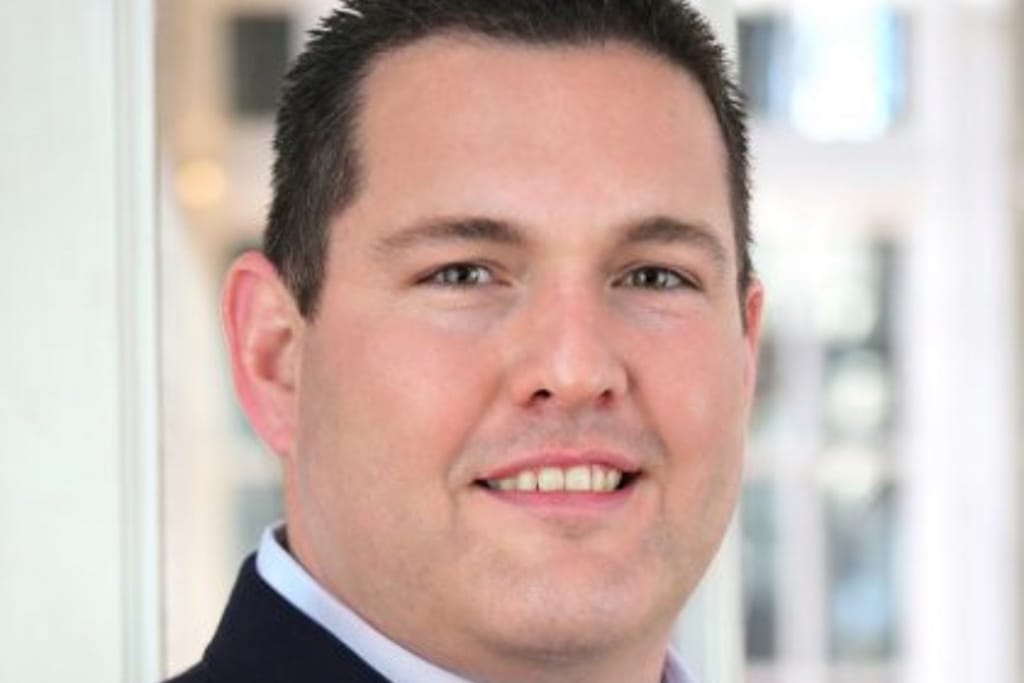Wireless Internet Service Providers to Connect More Fiber Points as Bandwidth Consumption Increases
‘The only way to get that density is to get fiber out there. That allows you to get more subs with your wireless.’
David B. McGarry

LAS VEGAS, October 6, 2022 – By employing more fiber points, wireless internet service providers can improve network performance and innovation, industry players at the WISPAPALOOZA conference told Broadband Breakfast.
Jay Anderson, chief technology officer of FiberLight, which has built fiber networks in several states, including Texas, Florida, and Virginia, told this publication as wireless internet service providers get more subscribers online, the existing connections to the fiber backbone can get congested without more densification of fiber points.
“The only way to get that density is to get fiber out there, and that allows you to get more subs with your wireless,” Anderson said.
Anderson said he expects WISPs to adopt a “hybrid architecture” moving forward. FiberLight’s Texan WISP partners have grown “leaps and bounds,” he said. “They’re using our infrastructure…to get that capacity out there…our job is to get as much of it out there, [at as high a] bandwidth as possible,” he added.
Mike Rowell, senior vice president of operations for Hilliary Communications, related some of his own professional experience with fiber to Broadband Breakfast. Hilliary provides internet, telephone, and television service across Texas and Oklahoma.
“We can see fiber helping us out tremendously in some areas getting us to a wireless access point,” Rowell said, explaining that a single fiber deployment can replace a less-reliable, multi-device connection to a hard-to-serve area. He said this strategy enabled his company to offer higher internet speeds and reach new customers.
Rowell has worked in telecommunications for four decades. He said he has seen once-prohibitive costs for fiber-installation machinery plummet, which makes fiber a far more viable option than it previously was.
“Fiber – from just…two years ago – was totally different than today,” he said. “You can [now] have fiber splicers that can do a really, really nice job for under $3,000.”
Rowell also emphasized the importance of foresight and innovative business planning. “We never thought we’d be selling one-gig, and here we are selling it,” he said. “It’s going to be the same thing: We don’t think we’re going to be selling 10-gig, but we’re going to.”








Member discussion